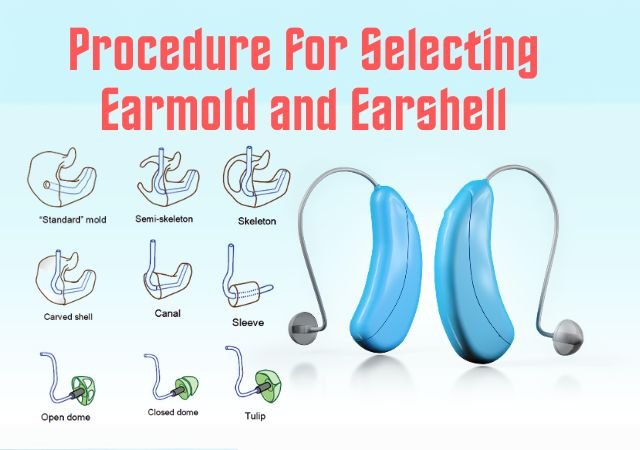Relapse and Recovery from Fluency Disorders: Relapse means a falling back into a former state, especially after apparent improvement. Relapse is not well defined in stuttering (Craig, 1998). Stuttering is a chronic disorder and many adults can only remain fluent by constant effort (Andrews 1984). Relapse is lower in preschool children (Starkweather, 1990). Only 50% older children and adults maintain fluency permanently (Silverman,1992).
The common reasons that have been speculated for the relapse of stuttering are:
Not practicing the technique
It is important to practice the technique that has been taught during the sessions. Even if the client feels that he has normal or near normal fluency in speech, the client has to still practice the technique every day. It is vital to not forget the technique and make sure that the client uses the technique even if they feel they have a really good fluent speech.
Lack of interest or motivation
It is true that it takes a lot of practice and time to attain a normal or near normal speech level. Once clients reach this level, practicing again would be less appealing or less interesting to them. They could lose the motivation to devote some time to practice or use these techniques whenever they communicate with others. This could result in not being used to the modified method of speaking which could lead to a relapse in stuttering.
Lack of monitoring and self-feedback
During the sessions, clients get continuously monitored and feedback is given to them about their performance. Clients also get frequently reminded to use the technique whenever they forget to do so. Even though the therapist makes sure that the clients get feedback when they make an error, over time, the client might not pay attention to their speech which could lead to them not having adequate or sufficient feedback. Therefore, it is important for the client to make sure that they have good feedback during the sessions and try to get self-feedback outside the sessions.
Even though the client makes sure that they do all the above-mentioned points correctly, there could be some other factors which could lead to a relapse in stuttering. They are:
Gender
Studies have shown that relapse of stuttering occurred more in males compared to females.
Genetics
It has also been observed that clients with a family history of stuttering had more chances of having relapse compared to those clients whose family history does not have stuttering.
Relationship with the therapist and support group
It has also been seen that clients who do not have a good relationship with their speech language pathologist or do not have a support group tend to have a relapse in stuttering.
Neural load
Some clients have a lot of other issues with stuttering like depression, anxiety, trying hard to meet everyone’s expectations and doing their other activities related to work or studies. It has been seen that clients with other issues along with stuttering had a greater chance of relapse.
Therefore, it can be seen that a lot of clients come back to the therapist with a relapse. The reasons can be something that could be controlled. The reasons also can include other things that cannot be controlled. Even though we cannot control factors like gender, family history etc., we can make sure that we do all the necessary steps and ensure that the relapse of stuttering does not happen again. Hence, it is important to take proper precautions, and practice every single day even though we think that our speech is fluent. The client must also make sure to have a follow up with the clinician after a certain period of time in order to make sure that there are no other issues in his speech. Sometimes, relapse in stuttering is something that is out of our hands and cannot be prevented. But the best course is to practice daily and have follow ups which could reduce the extent of relapse.
References:
⇒ STUTTERING An Integrated Approach to Its Nature and Treatment – BARRY GUITAR, PH.D. (Book)
⇒ Stuttering and Cluttering – David Ward (Book)
⇒ Recovery and Relapse: Perspectives From Adults Who Stutter
You are reading about:
Relapse and Recovery from Fluency Disorders







0 Comments